Sport
War does not just break homes; it breaks minds and spirits. What we don’t realise is that if our mental health is unstable, our physical health suffers too.
By Pal Ker Mun Biet
I carry within me the echoes of displacement, the silent screams of trauma, and the stubborn flicker of hope that defines life in South Sudan.
I have walked this nation's fractured paths from the fleeting promise of peace to the crushing reality of renewed conflict.
My journey mirrors the struggles I now confront as a counsellor with Médecins Sans Frontières (Doctors Without Borders), where I see the hidden toll of war every day.
Understanding that even when the gunfire stops and the dust settles, the memories, fear, and trauma linger, leaving invisible wounds that fester beneath the surface, wounds I'm determined to help heal.
I understand the toll of war very well, having lived it myself - displaced, uprooted, and forced to start over multiple times.
I was born in Sudan, moving to South Sudan after the 2005 Comprehensive Peace Agreement, only to flee back to Sudan when war broke out in 2013, and a decade later, in 2023 escaped again back to South Sudan.
I have understood the unspoken struggles of those who have survived war, not just the loss of homes, but the loss of peace within themselves, and now I dedicate my life to helping others navigate the same pain I once carried alone.
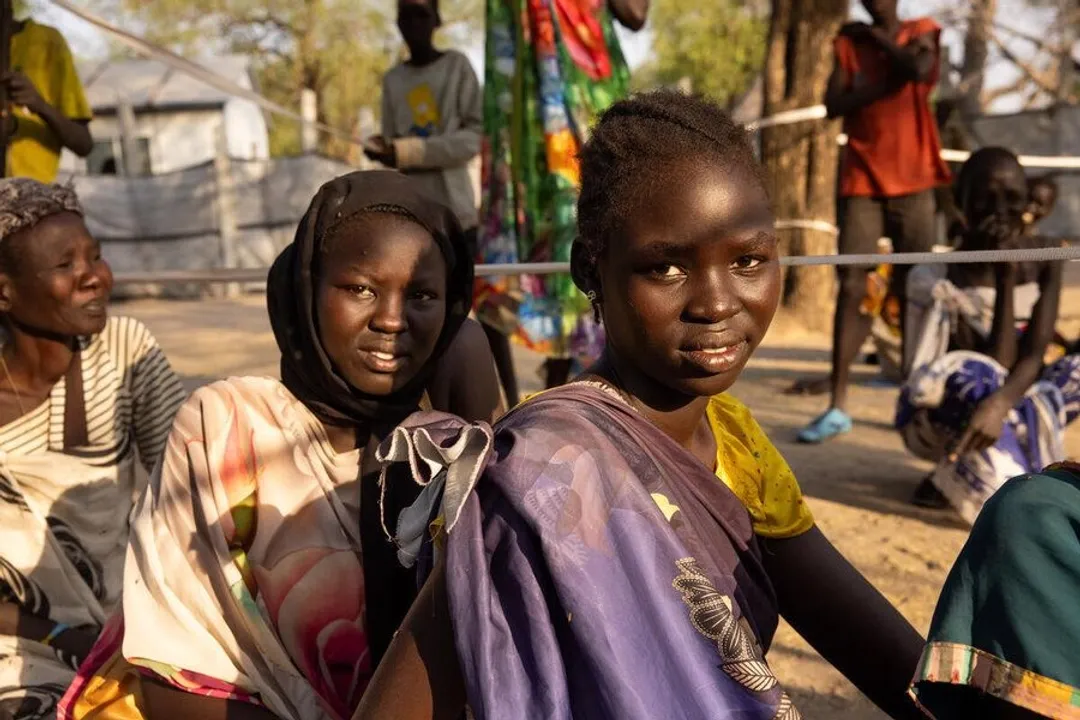
When we arrived in Sudan after the war started in 2013, I was in primary school. Despite the instability, I resumed my education, navigating the shift from my home language to English in primary five.
Homes and spirits broken
However, when I joined university, I had to switch to Arabic, as higher education in Sudan predominantly used that language. I pursued a diploma in psychology, and just as I was working toward a bachelor’s degree in law, war found me again.
While fleeing back to South Sudan in May 2023, I witnessed a chaotic scene of desperation and hope at the Joda-wunthow border.
However, I was fortunate to find work with the International Office for Migration (IOM), assisting with protection outreach, when I eventually crossed over.
In May 2024, I joined MSF in Renk, Upper Nile State, as a community mental health worker and later as a counsellor. In Renk and other border points, thousands of refugees and returnees cross the border into South Sudan, exhausted and broken. Many have lost family members, homes, and a sense of security.
In every conflict, people rush to treat physical wounds—the gunshot injuries, the broken bones and the malnourished bodies. But the wounds that remain unseen, the ones that fester in silence, are just as devastating.
War does not just break homes; it breaks minds and spirits. What we don’t realise is that if our mental health is unstable, our physical health suffers too. I believe everyone is touched by these abnormal events, even if we don't always recognise it.
My own experiences with displacement and conflict have shaped my approach to counselling. I've learned to anticipate emotional breakdowns and to avoid re-traumatising individuals. I understand that simply talking about traumatic events can be harmful, so I strive to use the most appropriate and sensitive methods.
The returnees and refugees I work with present a range of psychological challenges: panic attacks, flashbacks, nightmares, depression, anxiety, and stress.
For many, displacement is not a one-time event—it’s a cycle. Some have fled conflict multiple times, and each time, the trauma deepens. Some people learn to cope, accepting war as a part of daily life.
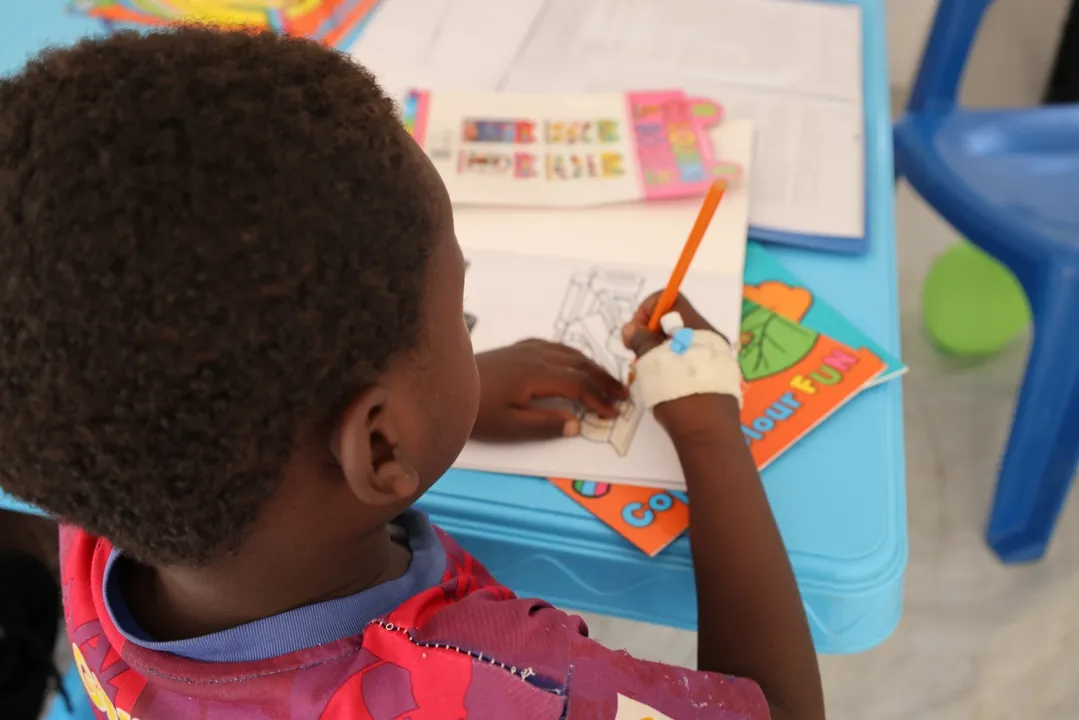
No psychiatric care
Some people would tell me, “This is just life. We have always lived like this.” But the truth is, repeated displacement wears down even the strongest of souls. Others struggle, unable to process the continuous loss. As a counsellor, I see different manifestations of trauma, consistent nightmares, flashbacks, fear, anxiety, isolation, social phobia, burnout and emotional exhaustion from constant fear and uncertainty.
In Renk, we have a diverse community—refugees and returnees come from different regions, carrying diverse beliefs about mental health. Some communities don’t recognise mental illness as a medical condition. Instead, they believe it’s a curse, witchcraft, or punishment from the ancestors. Others accept it but fear stigma and discrimination.
This cultural perception makes counselling difficult. Many are reluctant to seek help, fearing that admitting to psychological distress will make them look weak. Our role as mental health workers is not just to treat trauma but to educate people. We tell them that mental health struggles are just like physical illnesses—they can be treated, and they are not a sign of weakness.
We apply various mental health interventions, including group discussions, peer support, and individual consultations, tailored to the person’s needs and goals. The uncertainty of the future affects everyone, creating a constant state of alertness. We try to offer hope, knowing that despair can lead to depression. My background allows me to empathise and provide appropriate emotional support.
But the biggest challenge is the lack of psychiatric care. There is no psychiatric hospital in Renk, meaning those with severe mental disorders, like suicidal depression, often go untreated. Some end up on the streets, vulnerable and isolated. We need more investment in psychiatric care.
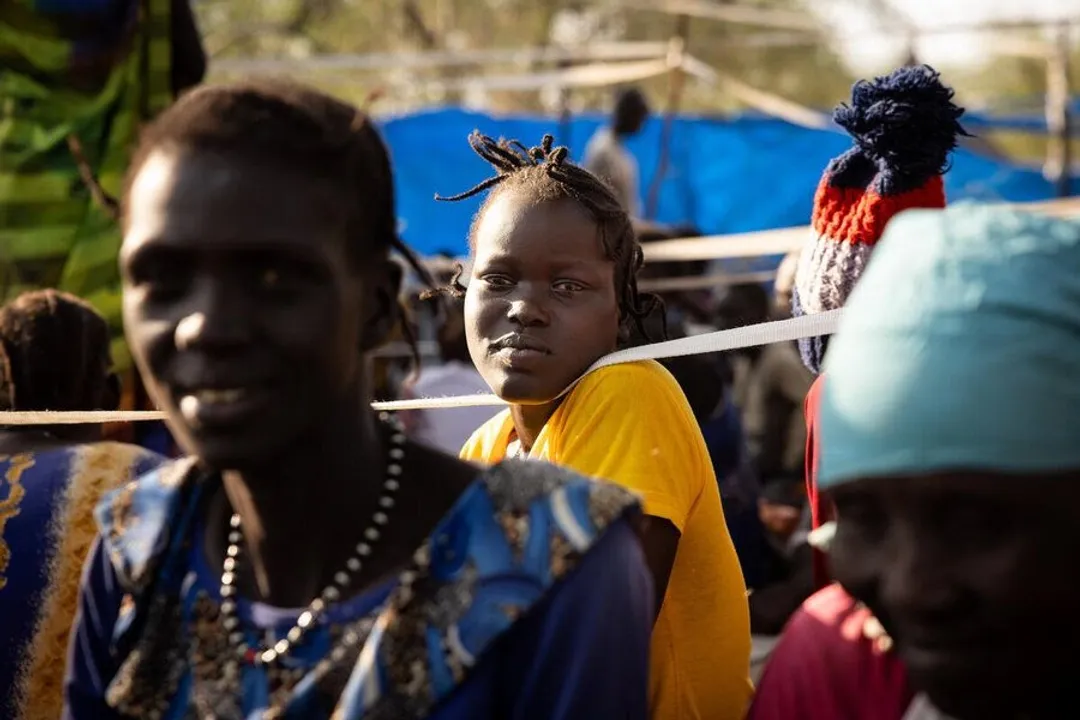
Language plays a significant role in our work. In Upper Nile, people speak multiple languages, including Nuer, Dinka, Shilluk, and Arabic.
Some individuals do not speak Arabic at all, making communication a challenge. The ability to speak in multiple languages helps bridge this gap, ensuring that more people receive the support they need.
Healing is possible
Being a mental health counsellor in a conflict zone is not easy. There are days when I listen to so much pain that I feel like I am drowning in it. The mothers who have lost their children. The children who have lost their parents. The men who have seen their homes burned down. Their grief becomes part of me.
At first, it was overwhelming. I would go home at night, unable to sleep, replaying their stories in my mind. But over time, I learned how to separate my emotions from my work—to be there for my patients without breaking myself.
I remind myself: If I don’t listen, who will? If I don’t help them heal, who will?
What gives me hope? I’m not sure.
Maybe it’s knowing that despite the endless cycles of war, people still dream of a better future. Maybe it’s my journey—displaced, uprooted, but still standing.
Maybe it’s in the small victories—a patient who finally sleeps peacefully, a young person who finds the courage to talk about their pain, a child who smiles at me after drawing and colouring animals in a book, women who dance their traditional songs and invite me to join them or a community that slowly begins to accept mental health as a vital part of healing.
Maybe it’s the resilience of those I work with, who, despite losing everything, still wake up and keep going. War has taken so much from us. But as long as we still have hope, it hasn’t taken everything.
South Sudan is unpredictable. But for now, I stay, I listen, and I help. Because even in war or conflict, healing is possible, it is what keeps me going.
The author, Pal Ker Mun Biet, works as a counsellor with Médecins Sans Frontières/Doctors Without Borders confronts the hidden toll of war.
Comments
No comments Yet








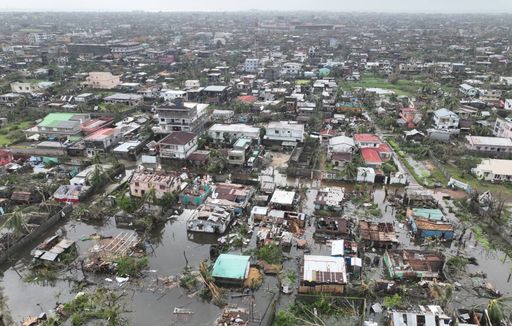
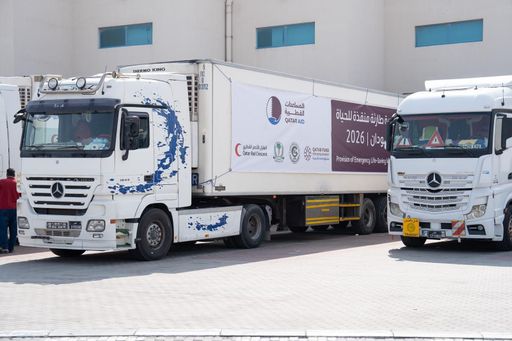
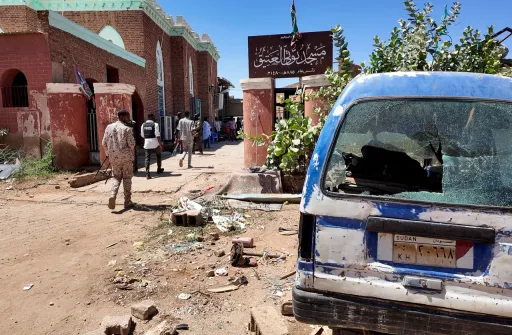
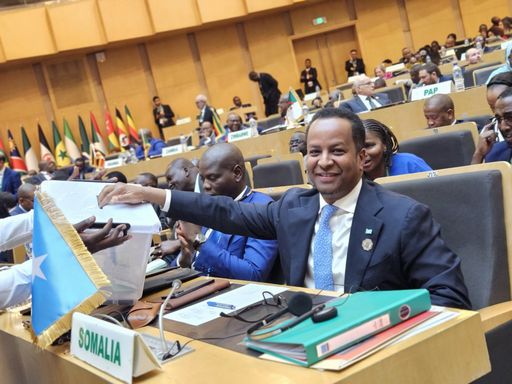








Comment